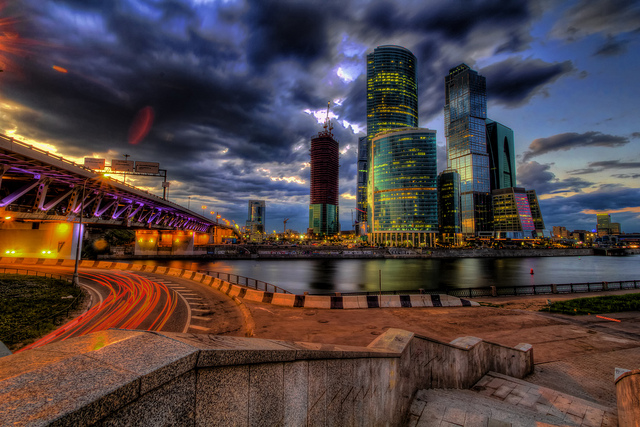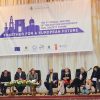Over the past few months, The Elcano Royal Institute has been following Russia’s foreign policy, which is focused on gaining influence in the global agenda. Thus, the Institute has published posts on commercial blocks, Russia’s relations with Latin America, the country’s wish to be a superpower once again and on its position on Syria.
On 16 October Alexei Pushkov, Chairman of the State Duma Foreign Affairs Committee of the Russian Federation, visited the Elcano Royal Institute. His opinion is that it is self-evident that the world has changed enormously since the period of unipolarity of the 1990s. Although the US is still the most powerful country in the world, there are now other actors with something to say in the international arena and there are likely to be more over time.
Obviously, Russia wants to play a part in the game. It is already using its diplomatic instruments for that purpose. For instance, having seen a window of opportunity in the Syrian crisis, it has promoted a solution to the problem that rules out a military intervention in the country. Since the US, and particularly President Barack Obama, had no desire to embark on a bombing campaign on Syria (and even less put troops on the ground in the midst of a civil war), this proved to be a perfect escape clause for the US and a diplomatic success for Russia.
In addition to Russia there are other actors that play a role in the present multipolar world. The EU is a good example. In Pushkov’s words, the EU and Russia ‘are partners, both belong to a common European civilisation and share a cultural heritage, Christianity, apart from living in the same geographical space’.
If this friendship is reinforced, argues Pushkov, and as long as respect between the partners is mutual, with no attempt to impose other criteria (the suggested example was same-sex marriage) than their shared core democratic values, the EU and Russia can benefit from their relationship and become actors with a greater influence and presence on the world stage.
The path Russia is following appears to be clear. The former Soviet Union has decided to regain some of the influence and power it once had. Although debatable, Russia itself considers that it has a democracy that is fully comparable to those of the West, and for that reason it will not tolerate being lectured to. And even less from a region, the EU, with which Russia believes it shares the same values.
The outcome is open, but so far Russia does not seem to be losing ground in the international arena. Its strategy appears to be having an effect, and perhaps even the one it desires.



